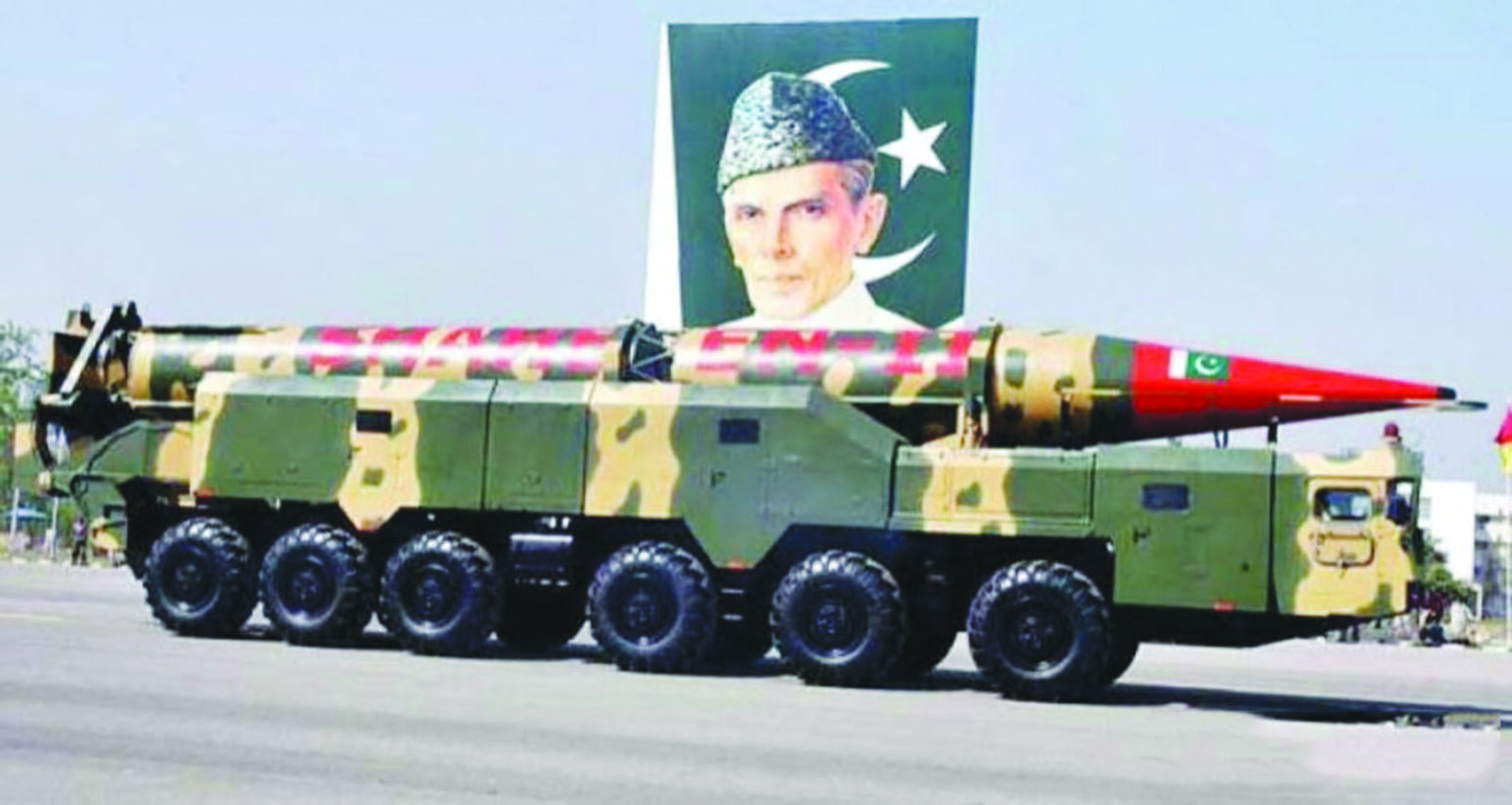
Pakistan’s journey into nuclear technology began with its involvement in the “Atoms for Peace” program initiated in 1953. As an early participant, Pakistan benefitted from the program by sending numerous scientists and experts for training to gain familiarity with nuclear technology and its peaceful applications. Despite facing numerous challenges, Pakistan’s peaceful nuclear program has emerged as a remarkable success story, built on decades of dedication, commitment, and collaborative efforts across the country’s political landscape.
Nuclear energy is widely utilized by states around the globe to address energy challenges, offering a cost-effective, reliable, and cleaner source of power. Pakistan has recognized the potential of nuclear energy for peaceful applications across various domains, including health, medicine, agriculture, environmental management, and electricity generation. With a long history of leveraging nuclear energy for peaceful purposes, Pakistan has integrated nuclear power into its energy mix, which includes natural gas, coal, hydropower, and nuclear power. Given the clean and reliable nature of nuclear energy, Pakistan is increasingly relying on this alternative to meet its energy needs.
The legal framework for Pakistan’s nuclear technology development was established in 1956 with the creation of the Atomic Energy Research Council, later renamed the Pakistan Atomic Energy Commission (PAEC). A significant milestone in Pakistan’s nuclear journey was the construction of a pool-type research reactor at the Pakistan Institute of Science and Technology (PINSTECH) in 1963, with assistance from the United States and under International Atomic Energy Agency (IAEA) Safeguards. In 2001, Pakistan further bolstered its nuclear safety and security by establishing the Pakistan Nuclear Regulatory Authority (PNRA), which aligns with international nuclear safety standards and provides a regulatory framework for the country’s nuclear program.
Pakistan’s achievements in the peaceful use of nuclear technology have been acknowledged internationally, with all its nuclear power plants and research reactors operating under IAEA Safeguards. With over fifty years of cooperation with the IAEA, Pakistan regularly shares information about its nuclear activities and undergoes inspections to ensure the security and safe disposal of nuclear and radioactive materials.
In the domain of peaceful nuclear applications, Pakistan signed a formal agreement with Canada in 1962 to establish the Karachi Nuclear Power Plant (KANUPP), which began commercial operations in 1972 and remains under IAEA oversight. In 1986, Pakistan and China entered into an agreement for the construction of nuclear power plants, resulting in the operationalization of Unit-I of the Chashma Nuclear Power Generating Station (CNPGS) in 1993, followed by three additional units, all under IAEA Safeguards.
On May 21, 2021, Prime Minister Imran Khan inaugurated the commercial operation of KANUPP-II (also known as K-2), which was recently connected to the national grid in March 2021 and has a generation capacity of 1,100 MWe. The project underwent rigorous safety and security tests before being added to the national grid and has been under IAEA Safeguards since 2017. Additionally, the third unit of Karachi Nuclear Power Plant (KANUPP-III), with a capacity of 1,100 MWe, is nearing completion and is expected to be added to the national grid by 2022. Pakistan also plans to construct a fifth unit at the Chashma Nuclear plant and two more nuclear plants in Muzaffargarh. By 2030, Pakistan aims to generate 8,800 MWe from nuclear power, constituting 20% of the country’s total energy mix. Under its Vision 2050 plan, Pakistan intends to build 32 nuclear power plants, producing approximately 40,000 MWe, which will make up about one-fourth of the country’s energy mix.
In its pursuit to address economic challenges and energy shortages, Pakistan remains committed to the peaceful application of nuclear technology. The country’s clean record of nuclear energy use underscores its dedication to peaceful purposes. Pakistan has proven itself to be a responsible nuclear state, with an impeccable safety and security record for its nuclear infrastructure. As a distinguished member of the IAEA, Pakistan has served on the Board of Governors twenty-one times and chaired it twice, reflecting international recognition of its responsible nuclear credentials. Pakistan prioritizes the security of its nuclear infrastructure, and there has never been an incident of nuclear material theft.
